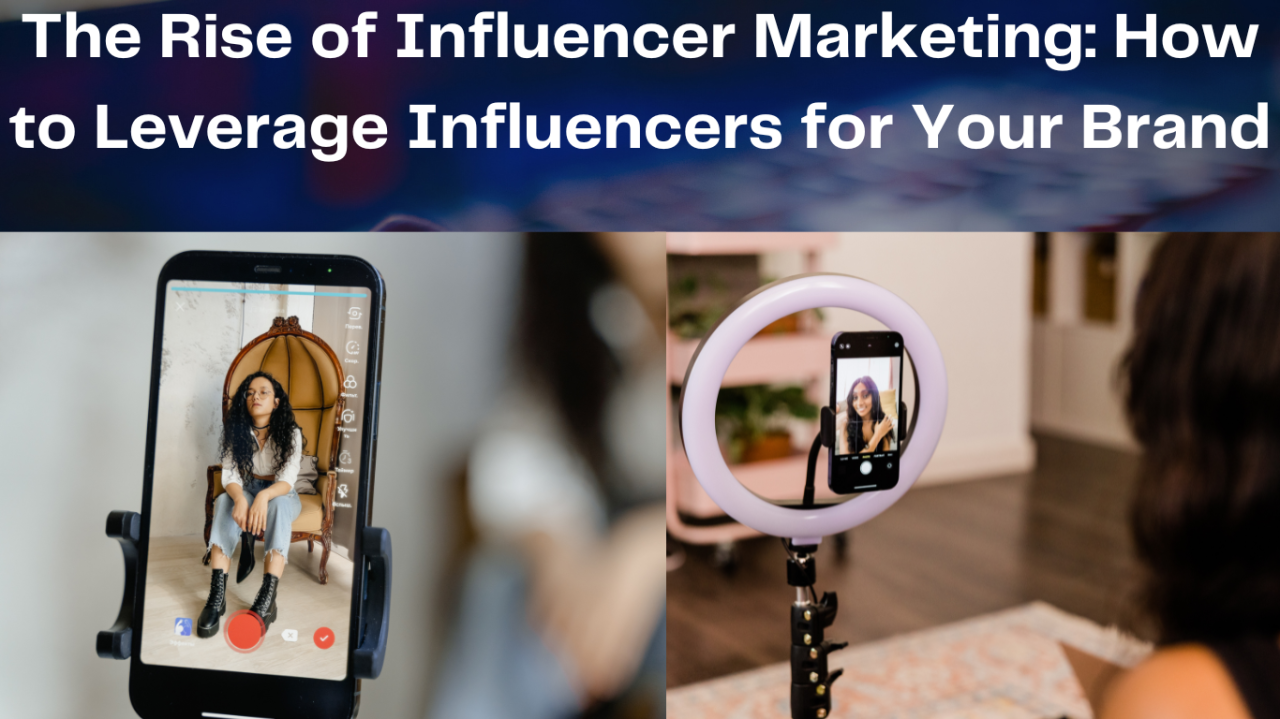Today, In the age of social media, influencers are one of the most consequential agents of control over our choices and lifestyles. From fashion and beauty to health and wellness, these digital personalities have so much power over their followers; they are often called “fans.” With millions of followers on Instagram, TikTok, and YouTube, influencers can influence public opinion and consumer behaviour. And as their influence grows, so does the question: should we entrust them with the keys to our lives?
The Allure of Influencer Culture
Through a desire for authenticity and something like relatability, these influencers have capitalised so perfectly. They are just those celebrities who seem and generally portray themselves as quite regular people who have come across extraordinary success. These influences create a sense of relating to their audience which becomes easy for the audience to trust their recommendations because authenticity is perceived. Hence, brands have paid attention to this, investing seriously into influencer marketing because such a means can achieve this effectively. But then again, are we placing too much trust in them?(More)
The Dangers of Becoming Influencer-dependent
There is a great risk brought by the rise of influencer culture. Followers seem to find validation and guiding forces in their favourite personas, which may result in blind adoption of lifestyles and habits and even beliefs and faiths. This situation might lead to unhealthy comparisons, unrealistic expectations, or distorted self-worth and identity. For instance, beauty influencers tend to prop up products and routines that are not good for others, thus potentially harming one’s physical and mental being.
Furthermore, the influencer landscape is entirely of apparent conflicts of interest. Many influencers are paid to hawk products, which may draw a fine line between actually recommending something and paying them to endorse it. Followers must be wise consumers, knowing that not all advice is equal and some influencers may prioritise profit above authenticity.
Navigating the Influencer Landscape
While influencers always influence people’s lives, it is important to develop a critical approach among citizens. At this point, the main idea is that although such influencers would give inspiration and insight, their experiences are usually staged and not an experience. Followers need to get information from several voices and experts so they do not get hooked on an influencer.
Furthermore, in the digital era, there is a requirement to foster media literacy. Understanding how influencers engage their audience could empower consumers in decision-making. This would be in terms of understanding how sponsored content might shape their perceptions, the algorithm-driven recommendation mechanism, and why an influencer would want to promote specific products.
The Way Forward: A Balanced Approach
And here comes this increase in popularity, accompanied by opportunities but also with challenges. On the good side, people are their inspiration to other people and help them address problems or stay inspired sometimes. Nonetheless, one may not leave the keys to our life to these social media influencers. Here, finding a healthy harmony between influence and self-controlling calls for striking some balance.
As we step into this world of change, it becomes important to understand that the identities and decisions we take should be guided by the cross-section of the world and not by the people we look up to for influence. If we do this, with a keen eye and self-reflection, we can engage ourselves in the richness of influencer culture while being faithful to who we are and our welfare.
Conclusion: Empowerment Through Awareness
On reflection, we can see the rising stars of influencers shifting and transforming how most of us consume our information and make decisions today. Indeed, these digitally-enabled personalities can inspire and guide us in making a decision, and one needs to be critically attentive to not yield power over one’s self to them. There will always be a bright end by encouraging critical thinking towards greater self-awareness within it to navigate the sphere responsibly.















